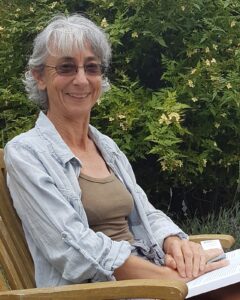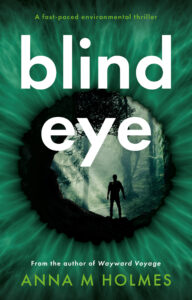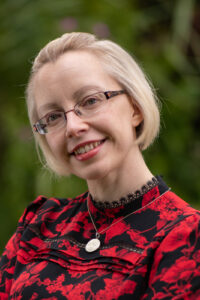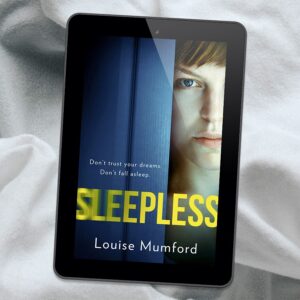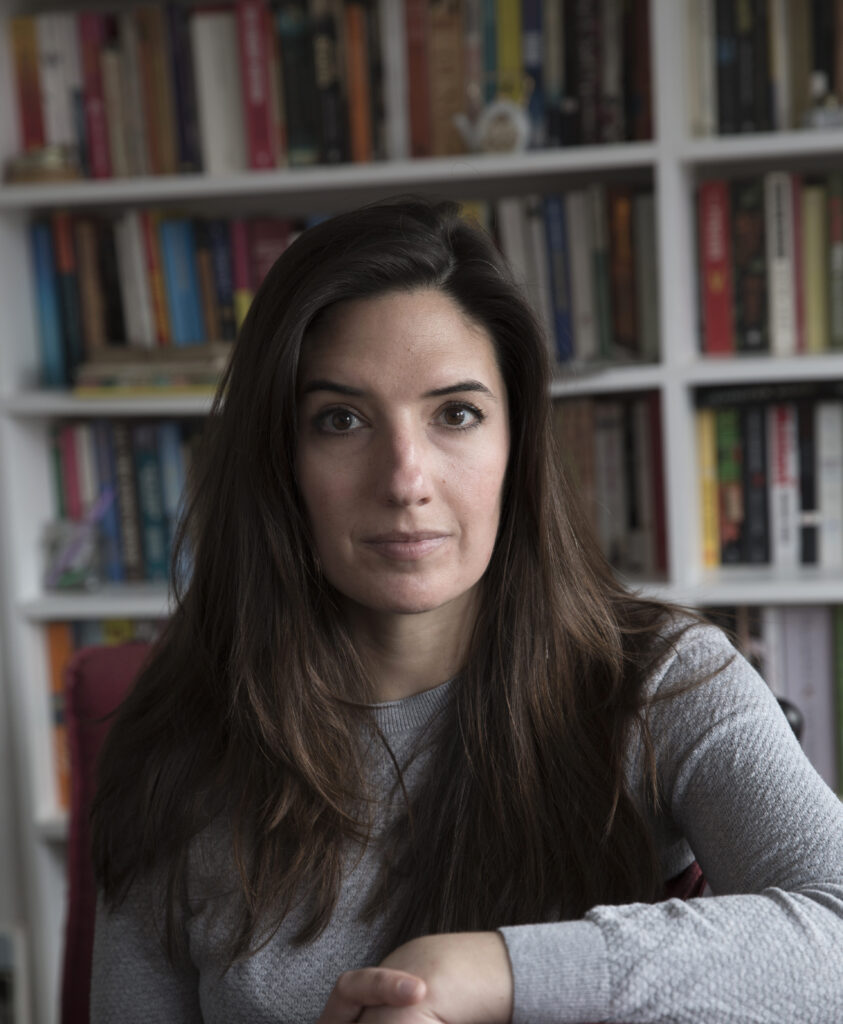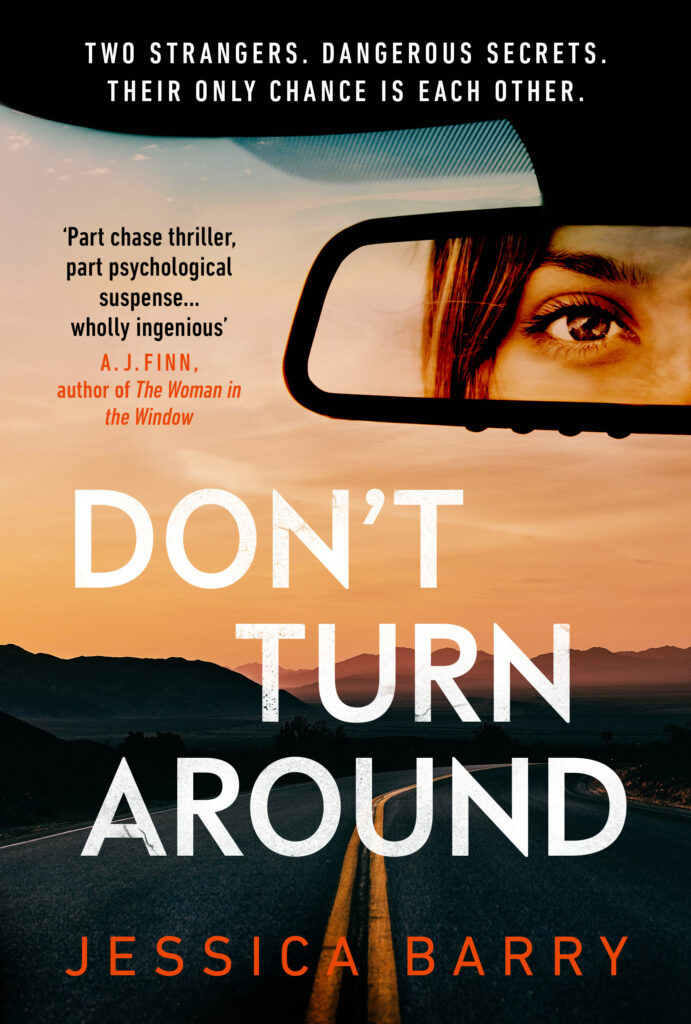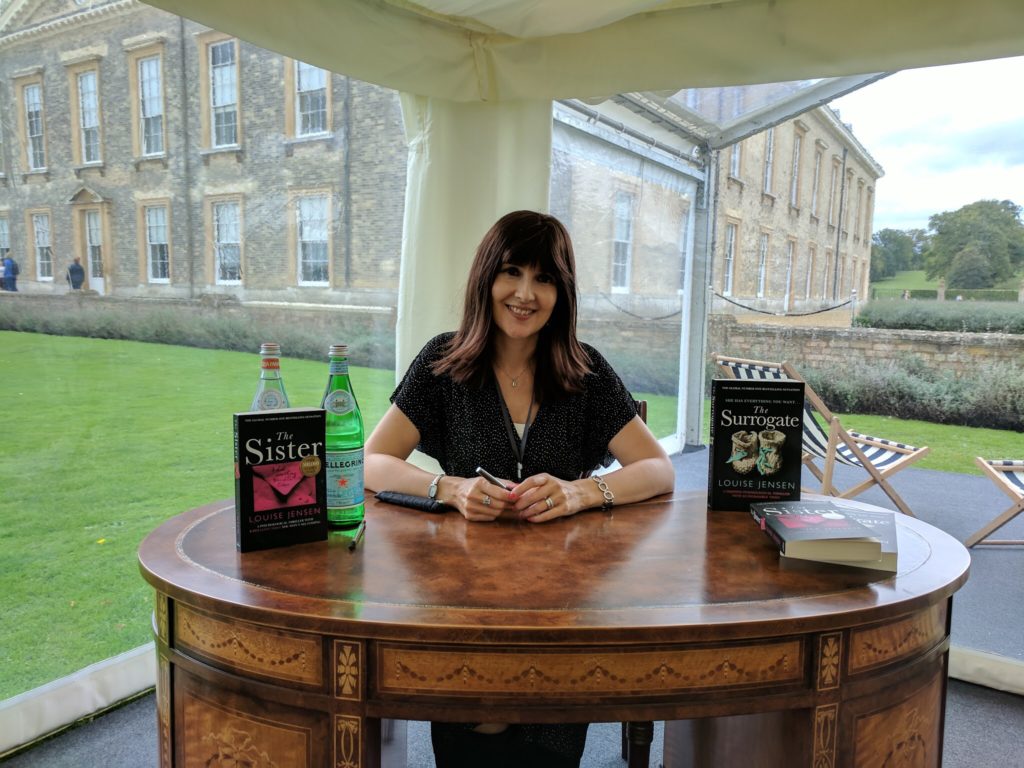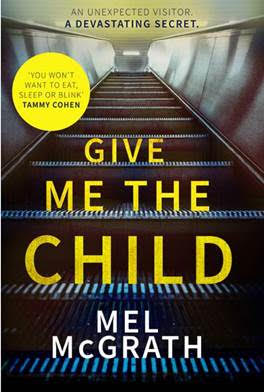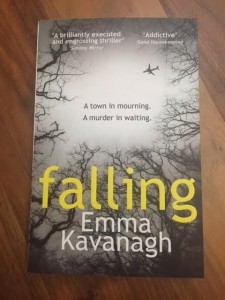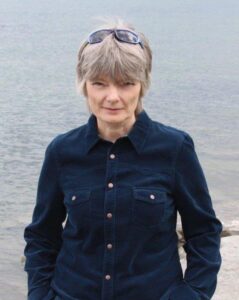 I write psychological suspense, which isn’t well known for being a ‘cheerful’ genre. Although my books have their fair share of tension, I feel it’s important to include some warmer, happy moments too, whether it’s a touch of humour about something a child says, or an incident to do with a character’s relationship, or – as in my new release The Un-Family – their job. I think this helps to make the characters more real. Psychological suspense is basically about bad things happening to people, and readers are much more likely to sympathise with a character and cheer them on if they come across as realistic, rounded people, in spite of the tense plot and darker moments in the books.
I write psychological suspense, which isn’t well known for being a ‘cheerful’ genre. Although my books have their fair share of tension, I feel it’s important to include some warmer, happy moments too, whether it’s a touch of humour about something a child says, or an incident to do with a character’s relationship, or – as in my new release The Un-Family – their job. I think this helps to make the characters more real. Psychological suspense is basically about bad things happening to people, and readers are much more likely to sympathise with a character and cheer them on if they come across as realistic, rounded people, in spite of the tense plot and darker moments in the books.
In The Un-Family, Holly is a vet, having huge problems with her husband Dylan’s behaviour as well as smaller (she thinks) ones with his family. One day, however, she goes to look round a wildlife centre where she’ll be taking on some work from then on. Adam, the centre head, shows her round:
Holly looked in on a deer with a torn shoulder, a swan with an infected wound on one foot, and a hedgehog, who’d been stuck down a drain and needed fattening up. They walked on round the enclosures, which included two ponds, a home-made badger sett and a row of pens. Holly heaved a happy sigh – this would be such a great place to work.
A gaggle of teenagers on bikes was approaching as they arrived back at the main building, and Adam gave them a wave. ‘The after-school brigade.’
Holly watched as the teenagers dispersed around the buildings. ‘My niece Megan would love this. I’ll suggest she does a stint in the summer holidays.’
 ‘We always need volunteers. Okay, let’s go back in and sort out when you’ll be here next week. Then I’m heading down to the river to release a duck, now the water level has fallen again. Want to tag along? We’ll release you into the weekend when we’re done.’ He gave her his lop-sided grin.
‘We always need volunteers. Okay, let’s go back in and sort out when you’ll be here next week. Then I’m heading down to the river to release a duck, now the water level has fallen again. Want to tag along? We’ll release you into the weekend when we’re done.’ He gave her his lop-sided grin.
Good, she’d be home well before Dylan arrived. With him away on his course, tonight would be their only opportunity to spend time with each other all weekend. Holly arranged her first shift for the following Monday and joined Adam in the centre’s green van, the duck in a pet carrier in the back.
He drove the short distance to the river, which was still full, but much less violent now. They walked along the bank to the place the duck had been rescued, and Adam stood back with Fred on his lead while Holly crouched down and opened the pet carrier. What a special moment this was, the first time she’d released a wild creature back into its natural environment.
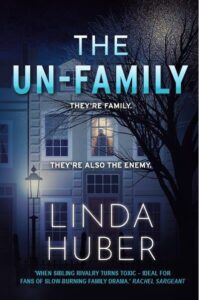 She waited, motionless, then a yellow beak emerged from the carrier, followed by a beady eye, and three seconds’ flurry later, the mallard was swimming down the river, quacking loudly. Warm satisfaction spread through Holly. This was perfect.
She waited, motionless, then a yellow beak emerged from the carrier, followed by a beady eye, and three seconds’ flurry later, the mallard was swimming down the river, quacking loudly. Warm satisfaction spread through Holly. This was perfect.
Holly’s job turns into her main consolation as the plot develops, and as you can imagine, the wildlife centre provides many such lighter, human moments, and it also provides sanctuary for Holly later in the book. Does everything work out for her and Dylan in the end? You can find out more about The Un-Family on my website www.lindahuber.net

